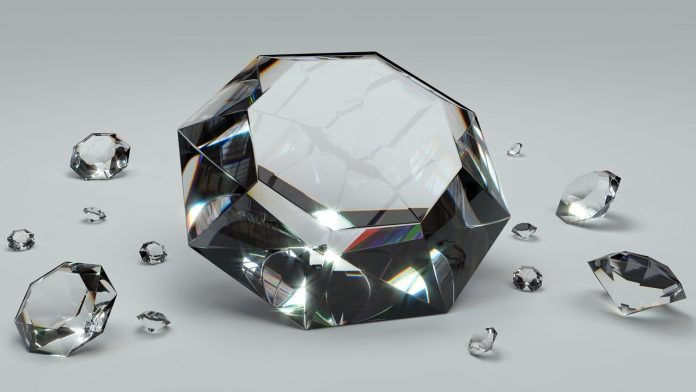A group of Skoltech scientists used machine learning (ML) methods to predict superhard materials based on their crystal structure.
The research was published in the Journal of Applied Physics. This work is supported by Russian Science Foundation.
Superhard materials have recently attracted increasing research interest due to their potential implications for industries broadly ranging from oil production to high technology manufacturing. A superhard material has two crucial features, hardness and fracture toughness, that represent its resistance to deformation and crack propagation, respectively.
Materials with properties that would suit specific industry requirements can be found computationally using advanced methods of computational materials science backed by a good theoretical model to calculate the desired properties for superhard materials.
Efim Mazhnik, a PhD student at the Skoltech Center for Energy Science and Technology (Computational Materials Discovery Laboratory), guided by Skoltech and MIPT professor Artem R. Oganov, succeeded in building such a model using convolutional neural networks (CNN) on graphs, an ML method that enables predicting a material’s properties from its crystal structure. Using a set of materials with known properties, you can teach CNN to calculate those properties for previously unfamiliar structures.
“Faced with a lack of experimental data on hardness and fracture toughness to properly train the models, we turned to more abundant data on elastic moduli and predicted their values to obtain the sought-for properties using the physical model we had created earlier,” says Efim Mazhnik.
“In this study, we applied ML methods to calculate hardness and fracture toughness for over 120,000 crystal structures, both known and hypothetical, most of which have never been explored in terms of these properties. While our model confirms that diamond is the hardest known material, it suggests the existence of several dozen other potentially very hard or superhard materials,” comments Artem Oganov.




